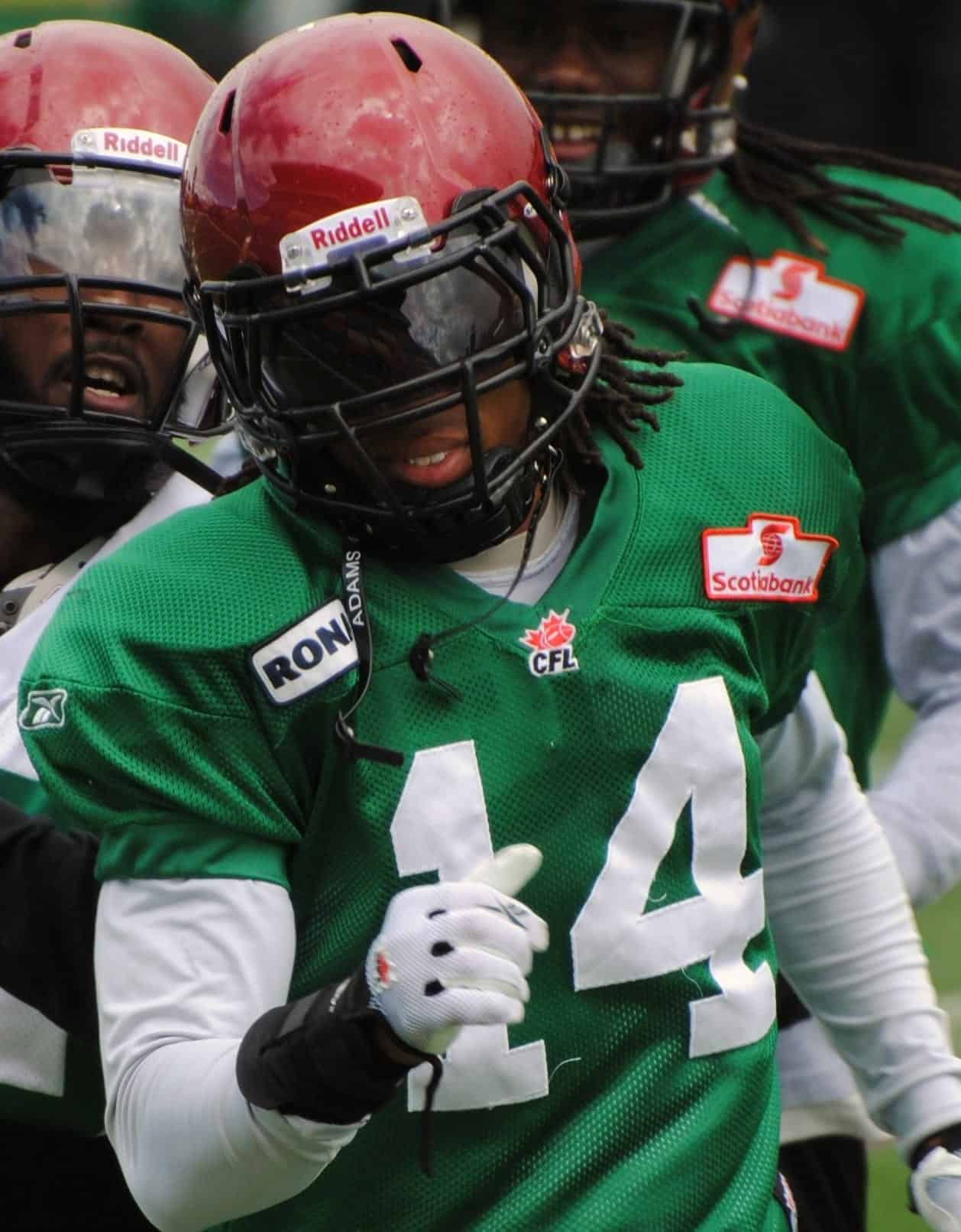OUT at the ballgame

Priorities: Review of A Secret Love
I didn’t grow up watching baseball. I’d catch a bit of a game on my grandfather’s TV when we went to visit him but, really, that was it. And I was probably one of the worst in the whole little league when I played tee-ball, too; the oversized jerseys lasted much longer than my involvement with the sport.
But even I got a thrill the first time I watched A League of Their Own. What’s not to love about a story of awesome, talented women finally getting an opportunity to show the world exactly what they can do? In this fictionalized telling of the story of the real All-American Girls Professional Baseball League, formed during World War II, players from all over the country show managers and fans that women’s sports are well worth watching – a lesson we’re still learning, too slowly, today.
And then the story became even cooler when I started learning about the real histories of the players in the AAGPBL, and the lives they led off the diamond. A Secret Love, which was released earlier this year, tells the story of Peoria Redwings catcher and Canadian baseball hall of famer Terry Donahue and her life partner and eventual wife Pat Henschel.
Donahue and Henschel met at a hockey game in 1947 and shared their lives ever since, living together in Chicago, though they told their families for years the arrangement was only because the rent in the city was too high to live without a roommate.
But the documentary isn’t a chronological telling of their relationship. It actually starts when the couple is in their late 80s, and they need to move out of their home and into an assisted living facility. Sports fans will get a kick out of Donahue’s sweaters – half of them seem to say some variation of “there’s no crying in baseball” – and the memorabilia from her AAGPBL days scattered around the house, as well as the photo and video montages from her time in the league interspersed throughout the documentary. Even in the last years of her life (she died in 2019) baseball was obviously a big part of her day-to-day.
But for me, the best parts of the film are all the sweet, tender, kind moments captured between the two women. It follows them at a challenging time, when both they and all the people in their lives have strong opinions on where they should move once they sell their home, so we don’t always see people at their best or most polished. But what we do see, constantly, is the love and affection between two women who gave their hearts to one another for over 70 years.
From the first note Henschel passed to Donahue (on the back of a hockey ticket) that said “I’m a reader of books, but I’ve never read anywhere where a woman loves another woman. I hope you feel the same way too” to their marriage in 2015, they are incredibly sweet to watch.
When I saw these two octogenarians kissing at their wedding celebration, years after the end of Donahue’s sports career, I thought about how much queer representation and inclusion in women’s sports has progressed since her time in the AAGPBL. Just two years ago, soccer player Megan Rapinoe and basketball player Sue Bird – a couple with five Olympic gold medals between them – were the first gay couple featured in ESPN’s Body Issue. And after the 2019 World Cup, social media was lit up with photos of US women’s soccer team players kissing their girlfriends in the stands. To be out, and queer, and a professional athlete would have been impossible when Donahue played. Not only would she have been barred from the league, but she also might have been arrested if she were caught at a lesbian bar and subsequently deported back to Canada.
But listening to Donahue reflect on her history, I’m also reminded of how far we still have to go. After all, 2SLGBTQIA+ inclusion in professional sports doesn’t start and end with who someone kisses at the end of the game. Even today, trans and intersex women are often banned from competitions or made to compete against men, and many butch women are subject to a higher level of scrutiny than their more feminine-presenting teammates and competitors.
A Secret Love isn’t trying to reflect back at the end of a journey towards equality on and off the field. Rather, it acknowledges itself as a milestone along the way. Filmmaker, and Donahue’s grand-nephew, Chris Bolan would have had a fascinating story to tell regardless of Donahue’s athletic background, but as I watched the tight 120-minute movie, I had to wonder if he would have chosen to tell it in this way if it hadn’t been for Donahue’s historic athletic career. After all, a great deal of Netflix’s promotion for the film depended on audiences knowing about the AAGPBL, or at least having watched A League of Their Own, and wanting to know more about at least one of these athletes’ lives. While I think the documentary could have spent a bit less time focused on the various factors that pressured Donahue and Henschel to hide their relationship for so many years, and more time celebrating the decades they shared, I’m so glad they were willing to tell their stories on film for the world to see. As documentaries go, I’d call this one a home run.









